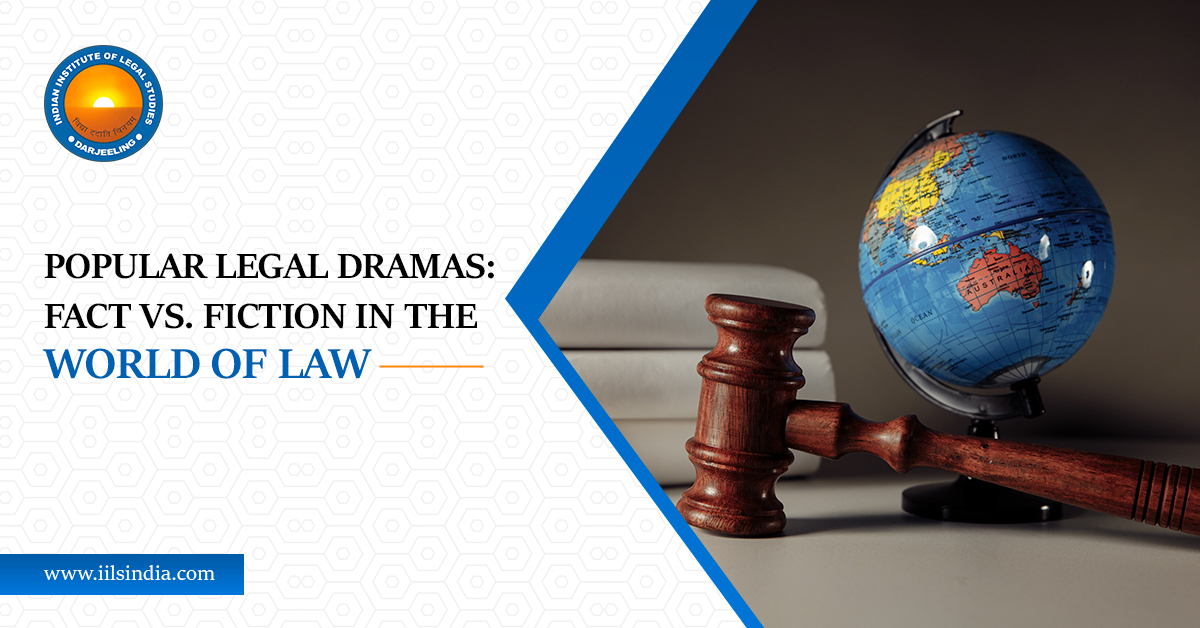Legal dramas have captivated audiences for decades, offering a glimpse into the high-stakes world of courtroom battles, legal wrangling, and intense drama. Shows like “Law & Order,” “Suits,” and “The Good Wife” have become household names. While these shows provide entertainment, they often take creative liberties with legal proceedings, leading to misconceptions about how the legal system truly operates.
In many legal dramas, cases seem to be resolved at breakneck speed, with trials often concluding within a single episode. In reality, legal proceedings can be protracted and complex, taking months or even years to reach a resolution. The depiction of swift justice often leads to unrealistic expectations about the pace of real legal cases. Legal dramas frequently emphasize dramatic courtroom confrontations, with lawyers delivering impassioned speeches that sway the jury. In real life, while persuasive arguments are important, courtrooms are generally more subdued, and attorneys adhere to strict rules of decorum. The notion of a single dramatic speech dramatically changing the course of a trial is more fiction than reality.
Legal dramas often portray lawyers facing ethical dilemmas in pursuit of victory. While ethical issues can arise in the legal profession, they are typically more nuanced and subtle than depicted on television. Real-life lawyers are bound by ethical rules and codes of conduct, and ethical violations are not as common as portrayed.
Television shows often depict lawyers conducting their own investigations, interviewing witnesses, and gathering evidence. In reality, lawyers are not typically involved in investigative work; this falls to private investigators and law enforcement agencies. Lawyers rely on the information provided to them rather than conducting their own Sherlock Holmes-style inquiries. Legal dramas frequently embellish courtroom procedures, showcasing surprise witnesses, shocking evidence, and impromptu revelations. In actual courtrooms, these surprise twists are uncommon, as the rules of evidence and pre-trial discovery require parties to disclose their evidence well in advance of trial.
Legal dramas often center around dramatic jury trials, where the verdict hinges on the jury’s decision. While jury trials are a fundamental aspect of the legal system, most cases are settled or resolved through negotiation, arbitration, or other means. The portrayal of every case culminating in a jury trial is a misrepresentation of legal reality. In legal dramas, lawyers are often portrayed as possessing expertise in multiple areas of law. In reality, lawyers typically specialize in specific areas, such as criminal law, family law, or corporate law. The notion that one attorney can seamlessly switch between different legal specialties is not accurate. Many legal dramas conclude with a clear verdict, providing viewers with a sense of closure. In reality, legal battles can extend beyond the initial verdict, with appeals and further legal proceedings. The portrayal of cases concluding neatly with a verdict often oversimplifies the complexities of the legal system.
To conclude it can be said that, while legal dramas are compelling and entertaining, they should be viewed with the understanding that they often take creative liberties for dramatic effect. While these shows can introduce viewers to some legal concepts, they should not be relied upon as accurate representations of the legal system. Real-life law is far more intricate, procedural, and deliberate than the fast-paced, dramatic world depicted on screen. To truly understand the law study related to legal dramas in West Bengal, one must delve into legal textbooks, consult with legal experts, and, when necessary, seek the advice of an attorney.

